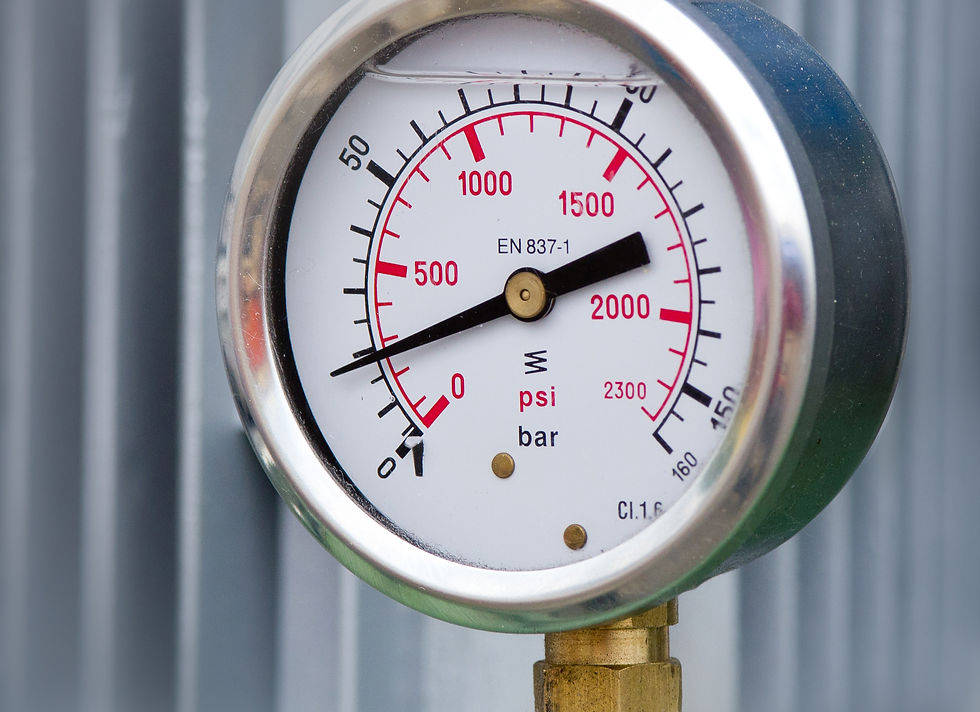The Wrestling Captain’s Handbook: Leading with Integrity
- Keep Kids Wrestling Non-Profit
- Feb 18
- 4 min read
Hey wrestling parents! If your wrestler has been named team captain—or dreams of stepping into that leadership role—congratulations! Being a team captain is about more than just wearing a title. It’s about setting the tone, leading by example, and inspiring teammates to push beyond their limits.
But leadership in wrestling isn’t about giving big speeches or bossing teammates around. It’s about integrity—doing the right thing even when no one is watching, showing respect, and putting the team before yourself. So what does it take to be a great wrestling captain? Let’s break it down.

1. Leading by Example (Actions Speak Louder Than Words)
A great captain doesn’t just tell their teammates what to do—they show them.
They’re the first one on the mat at practice and the last one off.
They train with intensity, pushing themselves and others to improve.
They listen to coaches and follow instructions without complaints.
They don’t take shortcuts—they go the extra mile.
Why This Matters: Teammates look up to the captain. If the captain slacks off, complains, or cuts corners, the team follows. But if they bring energy, effort, and focus, it raises the entire room.
How Parents Can Help: Encourage your wrestler to lead through action. Remind them that the best leaders don’t have to be the loudest—they just have to be the most consistent.
2. Setting the Standard for Hard Work and Accountability
A wrestling captain’s job is to hold themselves and their teammates to a high standard—but in a way that earns respect, not resentment.
If someone is skipping reps, a captain calls them out—not to embarrass them, but to remind them they’re capable of more.
If practice is getting sloppy, a captain steps up the energy and leads by example.
If a teammate is struggling, a captain checks in and offers help.
Why This Matters: Great teams hold each other accountable. A strong captain makes sure no one falls behind, but does it in a way that’s constructive, not demeaning.
How Parents Can Help: Teach your wrestler that accountability is about helping teammates, not bossing them around. A good leader pushes teammates, but also picks them up when they’re struggling.

3. Handling Pressure and Staying Composed
Wrestling is a mentally brutal sport. Captains need to stay calm under pressure—whether it’s in the middle of a close match or during a rough practice.
When teammates are nervous before a big tournament, a captain stays positive and focused.
When the team is losing, a captain keeps the energy up and reminds everyone that the meet isn’t over.
When things aren’t going their way, a captain doesn’t show frustration—they reset and focus on the next move.
Why This Matters: Wrestlers feed off their captain’s energy. If the captain panics, complains, or shows frustration, it spreads to the team. If the captain stays composed and confident, the team follows.
How Parents Can Help: Help your wrestler develop mental toughness. After tough matches, encourage them to reflect on what they learned instead of dwelling on mistakes.
4. Being the Bridge Between Coaches and Teammates
A great captain understands both sides—they respect their coaches, but they also connect with their teammates.
They listen to feedback from coaches and help explain it to younger teammates.
They bring concerns to the coach if something isn’t working.
They help new wrestlers adjust to the sport and feel included.
Why This Matters: Coaches rely on captains to keep the team on the same page. If a coach corrects a mistake, a captain reinforces it during practice. If a younger wrestler feels lost, a captain guides them.
How Parents Can Help: Remind your wrestler that being a captain means serving the team. If they see a teammate struggling, encourage them to step up and help instead of waiting for the coach to step in.
5. Wrestling with Integrity
Integrity is about doing the right thing even when no one is watching. A great wrestling captain:
Respects their opponents. They don’t trash talk—they let their wrestling speak for itself.
Wins with humility, loses with grace. They shake hands, no excuses.
Leads in the classroom and outside the gym. A captain doesn’t just represent their team on the mat—they represent their school, family, and community.
Why This Matters: A captain with integrity earns real respect—not just from teammates, but from coaches, referees, and even opponents.
How Parents Can Help: Encourage your wrestler to carry themselves with class. Whether they win or lose, remind them to focus on their effort and growth, not just results.
Leadership is a Privilege
Being a wrestling captain is about more than just wearing a title—it’s about setting the tone for the entire team. A great captain: Leads by example Holds teammates accountable Stays calm under pressure Bridges the gap between coaches and teammates Represents the team with integrity
Parents, if your wrestler is stepping into this role, remind them that leadership isn’t about being the best wrestler—it’s about making the team better. And that’s what real champions do.
💬 What do you think makes a great wrestling captain? Drop your thoughts in the comments below!



Comments